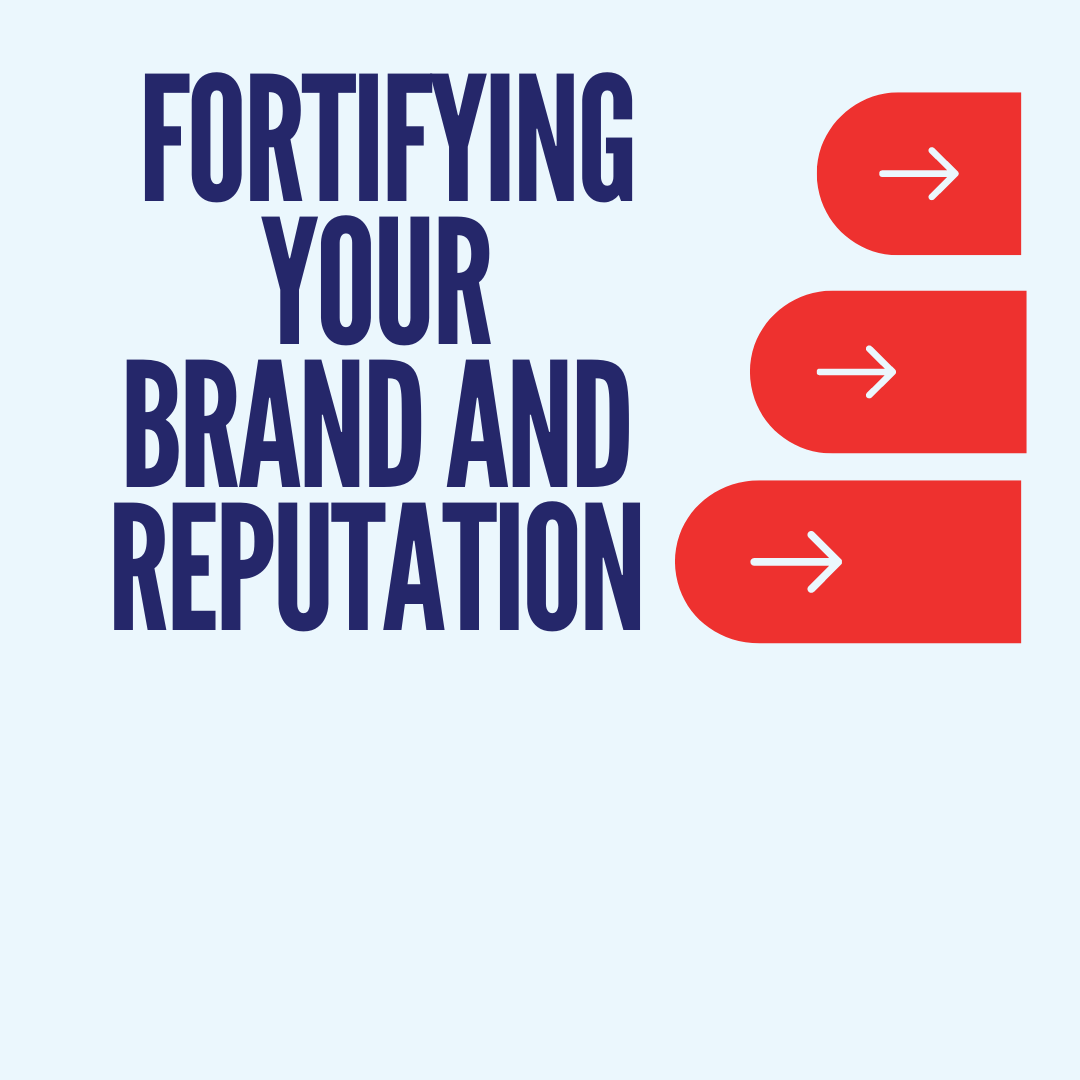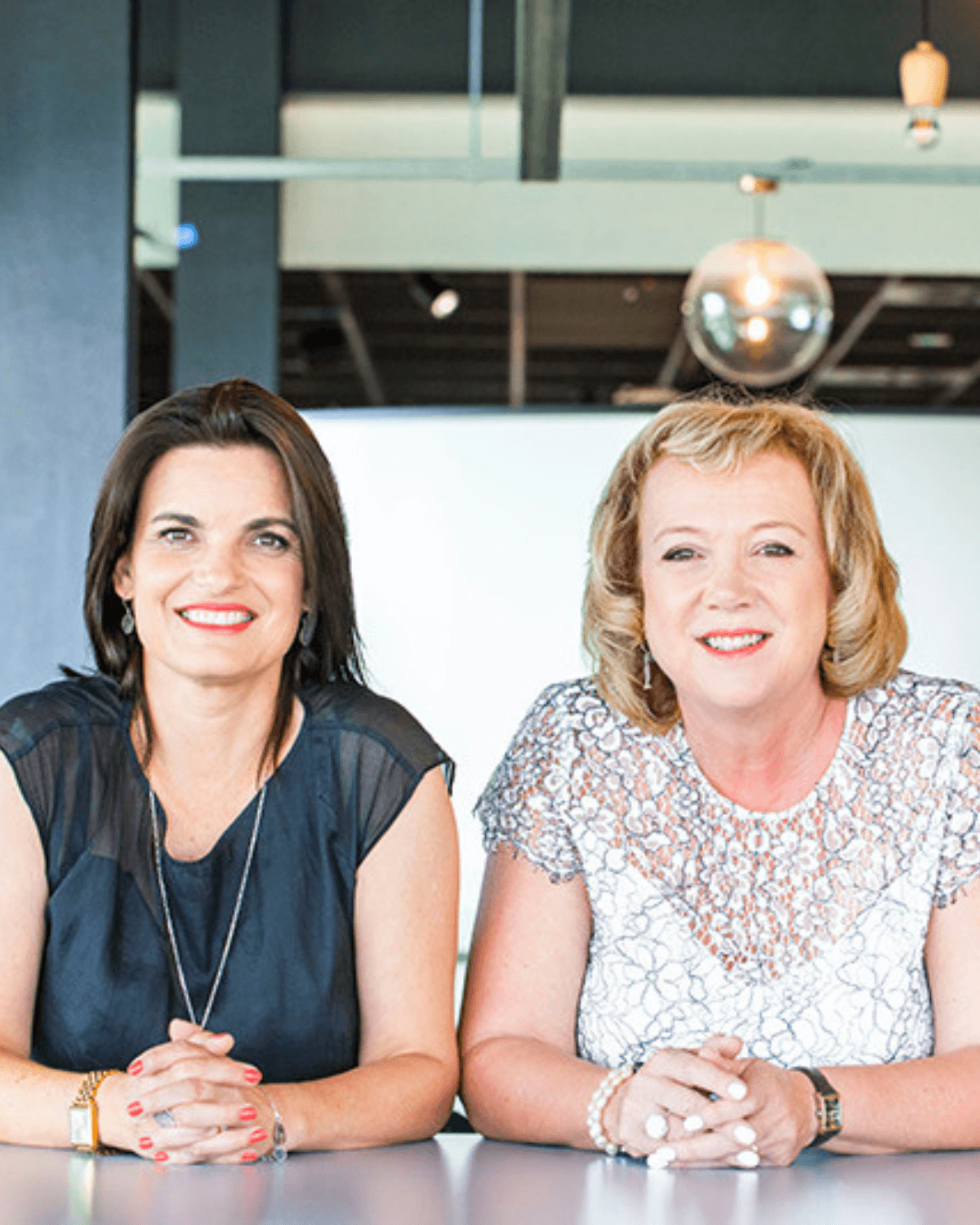Giving or getting a fair go is part of the Kiwi psyche, but the results of a new national survey published today shows we are split on whether we believe life is fair, and if it even should be.
The study1 of more than 1050 representative people from across Aotearoa New Zealand found that while respondents were evenly split on both whether life should be fair (43 per cent yes to 49 per cent no) and whether it actually is (44 per cent yes to 43 per cent no).
Of those respondents who were under 30, only 28 per cent expected fairness in life against just over half of those aged 60+, while 37 per cent of under 30s said they thought life was fair compared to 54 per cent of over 60s.
The research, conducted in partnership with public opinion research company Talbot Mills Research and communications and marketing agency Anthem, is the first in an ongoing series that examines topical issues and reputation through a fairness lens.
Anthem Executive Chair, Jane Sweeney, says, “We believe fairness has become the currency by which reputations are made and lost. From home ownership and the skills shortage through to carbon reduction and insurance provision due to natural disasters, fairness underpins many of the key issues on the business, social and political agenda and should be a key touchstone for leaders in any walk of life.”
Presented with a prompted list, over a third of those surveyed pinpointed ‘discrimination’ as the biggest source of unfairness, followed by ‘the Government’ at 20 per cent and ‘Capitalism’ on 17 per cent.
“As suspected, discrimination is a huge reputation risk. Discrimination, whether direct or indirect, is at the core of unfairness and permeates in business through gender pay gaps and work forces that are unrepresentative of the societies they operate in,” adds Sweeney.
Talbot Mills Research Managing Director David Talbot, says while the New Zealand economy has been widely recognised as rebounding far better than many economists had expected, the level of income disparity remains a major source of concern.
“A majority of respondents, 68 per cent, believed that owning a home was beyond reach without serious financial help, and over half (56 per cent) said that the distribution of wealth in New Zealand was unfair.”
Despite this, the survey also showed that:
- While a strong majority, 76 per cent, stated that equal effort should result in equal reward, over a third still don’t believe they’re fairly paid
- While government intervention was favoured as a way to deal with unfairness in life by around a third of respondents, a majority, 54 per cent, favoured “people working harder themselves to overcome challenges”
- Exactly half felt the amount of tax they paid was fair, with 46 per cent saying unfair, and four per cent unsure
- Historically there’s been a shift towards preferring a more equal society, with numbers rising 15 per cent since 1993.
Talbot says that the results likely demonstrate emerging generational differences as well as a divide when it comes to how to deal with issues of fairness.
“This research is a useful yardstick for us to gauge the perceptions of Kiwis on what is fair and is a great foundation for further topic-specific research around fairness.”
[1] The survey was conducted by Talbot Mills Research using a nationwide online nationally representative sample of n=1051 between the 19th and 30th of July 2021. The maximum margin of error for a 50 per cent figure at the 95 per cent confidence level is +/- 3.1 per cent.
Ready to chat?
Get in touch with our expert team today and find out how we can help
Contact us









